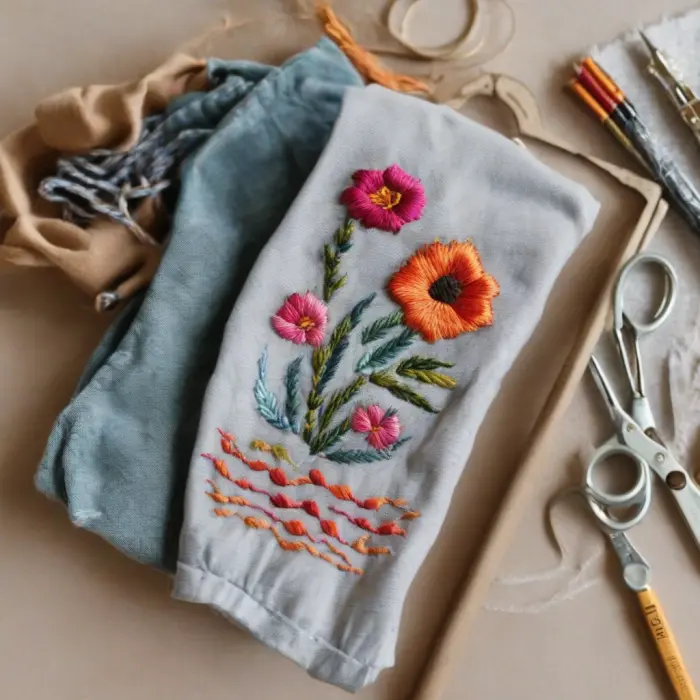First, what does “truly in love” actually mean?
In this context, “truly in love” points to a secure, respectful, and mutually supportive bond. It’s not constant drama or a rollercoaster of hot-and-cold. It’s the kind of closeness where:
- Both partners feel emotionally safe and accepted.
- Communication is honest and kind, even when it’s hard.
- Boundaries are respected; control or coercion is absent.
- There’s a balance of independence and togetherness.
That stability changes physiology: stress systems quiet, bonding chemistry rises, and health behaviors become easier to sustain.
9 health perks love can unlock
1) Calmer stress response and lower cortisol
Warm, secure connection helps regulate your stress axis. When you feel supported, everyday hassles and big life events produce smaller spikes in cortisol and adrenaline. Over time, that can mean less wear-and-tear on the body.
Try this together:
- Use “we” language when tackling problems to cue a sense of team.
- Practice a 60-second “physiological sigh” or slow breathing ritual after conflicts.
2) A happier, more resilient brain
Love boosts neurotransmitters like oxytocin and dopamine, which support bonding, motivation, and positive mood. Over time, couples in secure relationships often show greater emotional resilience and life satisfaction.
Try this: Share a daily “high/low” check-in—one good thing and one hard thing—so both partners feel seen and supported.
3) Stronger heart health
Supportive relationships are linked to healthier blood pressure, improved heart rate variability, and a lower risk of cardiovascular events. Feeling securely attached can nudge circulation and inflammation in a favorable direction.
Try this: Take brisk walks together 3–5 days a week. Couples who move together often maintain cardio routines longer.
4) Better sleep quality
Emotional safety helps the nervous system downshift at night. Many partners sleep more deeply and fall asleep faster when they feel connected and at ease with each other.
Try this:
- Create a consistent wind-down: screens off, warm shower, lights low, a few minutes of cuddle or conversation.
- Resolve small misunderstandings before bed when possible.
5) Fewer colds and stronger immunity
Chronic stress suppresses immune function. Secure love dampens stress and increases oxytocin, which is associated with immune-friendly effects. Couples often notice fewer minor illnesses during connected seasons of life.
Try this: Share immune-supporting routines—hydration, colorful meals, outdoor time—and hold each other gently accountable.
6) Natural pain relief
Physical affection and emotional closeness can trigger endorphins and oxytocin, increasing pain tolerance and lowering perceived pain. Even holding hands during a tough moment can meaningfully change the experience.
Try this: When one of you is in discomfort, ask explicitly, “Would touch help?” Then offer a hand, a shoulder rub, or a warm embrace with permission.
7) Healthier habits—and they actually stick
Love makes consistency easier. Partners often encourage each other to eat better, move more, attend appointments, and stick with medications. Accountability is kinder and more effective when it comes from care.
Try this:
- Pick one shared habit to build per month: meal-prep Sundays, evening walk, or a stretch break.
- Celebrate tiny wins out loud; it trains your brains to repeat them.
8) Faster recovery and better coping
From the common cold to surgery, people with strong, supportive bonds often recover faster. Emotional support reduces perceived threat and boosts adherence to care plans.
Try this: Create a “care playbook” for sick days—favorite soups, chores to cover, comforting playlists—so support becomes second nature.
9) Longer, healthier life
Secure relationships correlate with lower all-cause mortality and better aging markers. It’s not magic; it’s the compounding effect of daily regulation, healthier behavior, and a reliable sense of belonging.
Try this: Schedule “connection appointments” the way you would a check-up: a weekly date, a monthly adventure, a yearly retreat.










